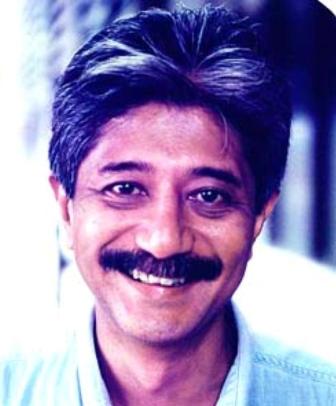 Dr Ananda Rajah (National University of Singapore) 'Karen refugees in Thailand' (2002)
Dr Ananda Rajah (National University of Singapore) 'Karen refugees in Thailand' (2002)
Karen refugees began arriving in Thailand in 1984 in relatively small numbers as a consequence of the ethnic conflict in Burma. The collapse of Manerplaw, the General Headquarters of the Karen National Union (KNU) and Karen National Army (KNLA), in 1994 however resulted in a massive influx of refugees. There are now approximately 133,000 Karen refugees in Thailand located in seven camps. The Thai government is not a signatory to the 1951 Geneva Convention on Refugees and does not recognize the Karen as refugees, classifying them instead as phu ophayop or ‘persons fleeing from fighting’. Thai policy in principle consequently does not offer the Karen refugees rights to protection and immunity to refoulement as recognized by international convention. Nevertheless, the Thai government together with various relief agencies has provided a framework of humanitarian assistance, a framework primarily involving a variety of NGOs and INGOs with funding from various donor countries. This framework, however, forms only a part of what may be called the Karen refugee regime at the Thailand-Burma borderlands. The refugee regime, here defined as the interactions between formal and non-formal institutional actors, is constituted by a complex interplay of interests, variable state capacity, the activities of the Karen National Union, and the very fact of the borderland. The refugee regime, it is argued, is a dynamic one and the forms it assumes do not resemble the ideal-type framework of Thai policymakers. (Abstract from unpublished paper. Sadly, Dr Rajah died in January, 2007)
Publications:
2008. Remaining Karen: a study of cultural reproduction and maintenance of identity. ANU epress. http://epress.anu.edu.au/karen_citation.html (1986 PhD reprinted in tribute).
2004. A "Nation of Intent" in Burma: Karen Ethno-nationalism, Nationalism and Narrations of Nation. In Political Fragmentation in Southeast Asia: Alternative Nations in the Making, Kevin Hewison and Vivienne Wee, eds. London: RoutledgeCurzon.
2004. Burma: A State in Name and Not in Fact--Movements for Ethnic Autonomy, Centres, Peripheries and Resource Control. In Political Fragmentation in SoutheastAsia: Alternative Nations in the Making, Keven Hewison and Vivienne Wee, eds. London: RoutledgeCurzon.
2003. Review of Fear and Sanctuary: Burmese Refugees in Thailand, by Hazel J. Lang. Journal of Asian Studies forthcoming.